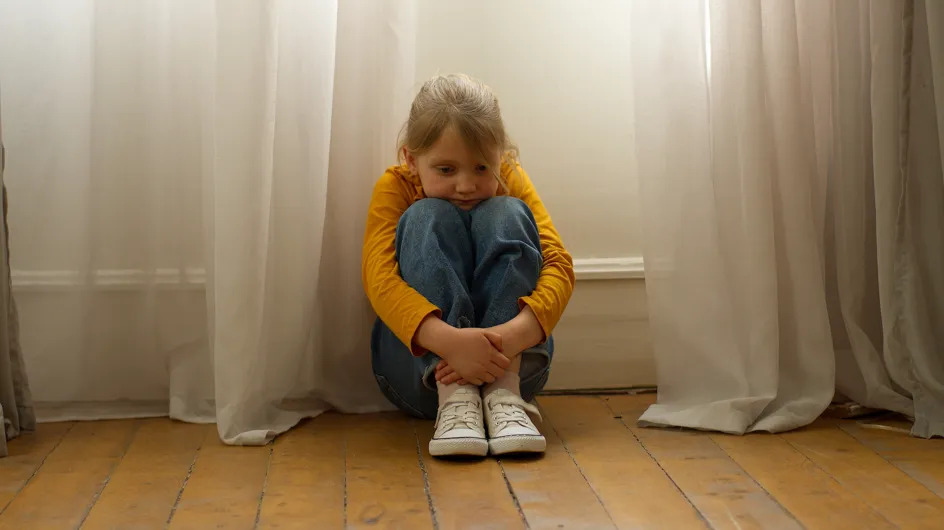

Raising a child requires emotional readiness. Patience and tolerance are key to offering the best upbringing. First-time parents often aim to break away from past parenting patterns. Scarred by their own experiences, they try to instill modern, compassionate values in hopes of fostering a happier childhood.
Yet, despite their best efforts, children can still feel neglected—or worse, unloved. If unaddressed, this emotional distress can develop into deep-rooted trauma. Emotional wounds aren’t always permanent, but they need to be taken seriously. Global English Editing recently highlighted six traits commonly seen in adults who didn’t feel truly loved as children.
Struggling with Trust Issues
Children who didn’t feel loved often struggle with trust—both in themselves and others. Without consistent encouragement, they grow up doubting their worth, believing they don’t deserve good things. This lack of recognition can lead to harsh self-criticism, holding them back.
This mistrust extends outward. They become wary of others. “When those meant to make you feel safe let you down, it’s hard to trust anyone else,” Global English Editing explains. Those without reliable adults in childhood fear repeating those patterns, becoming guarded. Researcher Isabella Chase notes this fear is emotionally draining: “The fear of being hurt again outweighed any desire to open up.” Recognizing this lack of trust is the first step to overcoming insecurity.
Fearing Love Itself
Children who didn’t feel loved may later struggle to accept love. Like trust, love becomes suspect. If they never received affection, they see it as foreign or suspicious, questioning others’ feelings or their own worthiness. While they may crave love, they fear being abandoned or hurt again.
This fear often includes fear of abandonment. Lack of love in childhood can cause clinging to relationships, fearing they’ll never find someone who cares. This leads to emotional dependence—or, conversely, avoidance of closeness altogether.
Expressing Needs Feels Overwhelming
Those who lacked attention as children often manage others’ emotions. They believe expressing themselves might cause conflict, so they keep peace by taking on others’ burdens. They blame themselves for issues not their fault, punishing themselves emotionally.
Furthermore they struggle to set boundaries, stemming from a belief that their emotions didn’t matter. Expressing feelings may have led to rejection or conflict, causing withdrawal or saying the opposite of what they feel.

Healing These Emotional Wounds
Emotional wounds from a lack of childhood love can be healed. Recognizing patterns and understanding their origins is a crucial first step. With support, self-reflection, and therapy, individuals can rebuild trust, set boundaries, and receive love healthily. The past may have shaped them, but it doesn’t have to define their future.
This article first appeared on aufeminin.com – Author: Laura Willinger













